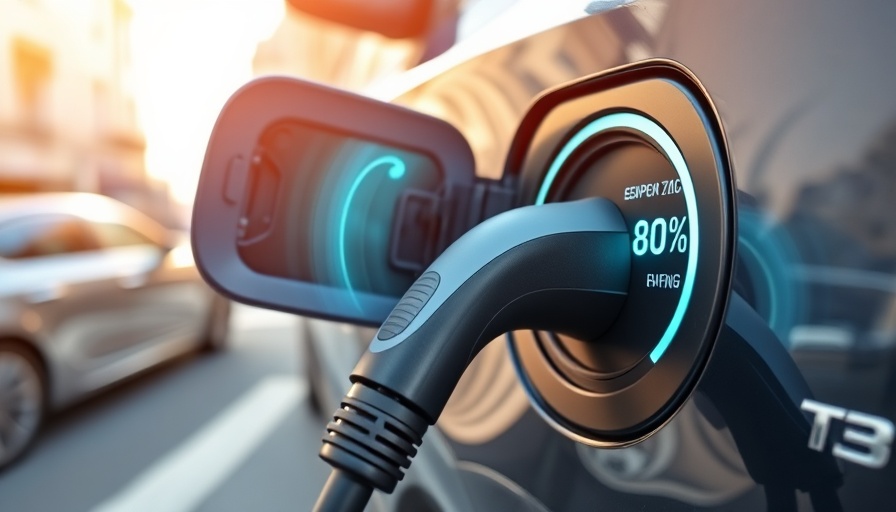
The Impact of the REAL ID Act on Auto Dealerships
The forthcoming enforcement of the REAL ID Act on May 7, 2025, presents auto dealerships across the United States with both challenges and opportunities. The requirement stipulates that all Americans over 18 must present a REAL ID-compliant form of identification for domestic air travel and access to specific federal buildings. Consequently, auto dealers must urgently adapt their identity verification processes to align with these new regulations.
Outdated Practices in the Age of Identity Fraud
Despite awareness of the increasing sophistication of identity fraud, many auto dealerships continue to rely on outdated and manual processes for verifying customer identities. A recent survey revealed concerning statistics: 52% of dealers primarily use simple photocopying of a customer’s driver’s license, with a mere 0.6% employing more secure methods like digital copies and validation against DMV records. As identity thieves become more adept at forging convincing fake IDs, maintaining such manual processes poses a significant risk, especially considering that synthetic identity fraud now represents 80-85% of all identity fraud cases impacting the auto sector.
Understanding REAL ID Compliance and Its Benefits
REAL ID-compliant licenses are specifically designed to enhance security, boasting unique identifiers that make them harder to forge. The embedded star symbol distinguishes these IDs and signifies compliance with federal standards, thus improving identity verification processes. Dealers can leverage the robustness of these IDs, which require several forms of documentation—including proof of identity, Social Security number, and residency—to strengthen their defenses against fraud.
The Compliance Challenge: A Race Against Time
However, the shift towards REAL ID compliance isn’t without its challenges. Reports as of April 2025 indicate that numerous states have lagged in compliance efforts, with New Jersey documenting a mere 17% compliance rate. For dealerships, failing to navigate this transition effectively could result in lost sales opportunities and greater exposure to fraud.
Steps Forward: Embracing Technological Solutions
To adapt successfully, auto dealers must invest in modern technology that enables seamless identity verification. Utilizing digital verification methods can not only align with REAL ID requirements but also deter fraudulent activities more effectively. By adopting secure identity verification practices, dealerships can enhance consumer trust while safeguarding their assets.
Future Implications for Used Car Financing
The implications of this identity verification shift extend into financing processes. As dealerships adapt to new compliance requirements, understanding used car financing rates becomes even more critical. A reliable system for identity verification will facilitate quicker financing approvals, ensuring customers can seamlessly transition into financing options, whether it’s through low interest rates or favorable loan terms.
As industry leaders explore this new landscape, they should assess how to provide the best used car financing solutions. This includes new strategies for determining what are auto loan interest rates as they relate to various customer identities, ensuring that they maintain competitive rates for buyers.
In conclusion, as the auto industry braces for the REAL ID deadline, dealerships must strategically upgrade their identity verification processes. By embracing new technologies and complying with federal regulations, they can minimize fraud risks while enhancing customer trust and improving financing opportunities.
Now more than ever, understanding the complexities of the financing landscape is crucial for building a resilient dealership. Consider reviewing the used car loan average interest rate and stay ahead in your financing strategies.
 Add Row
Add Row  Add
Add 




Write A Comment